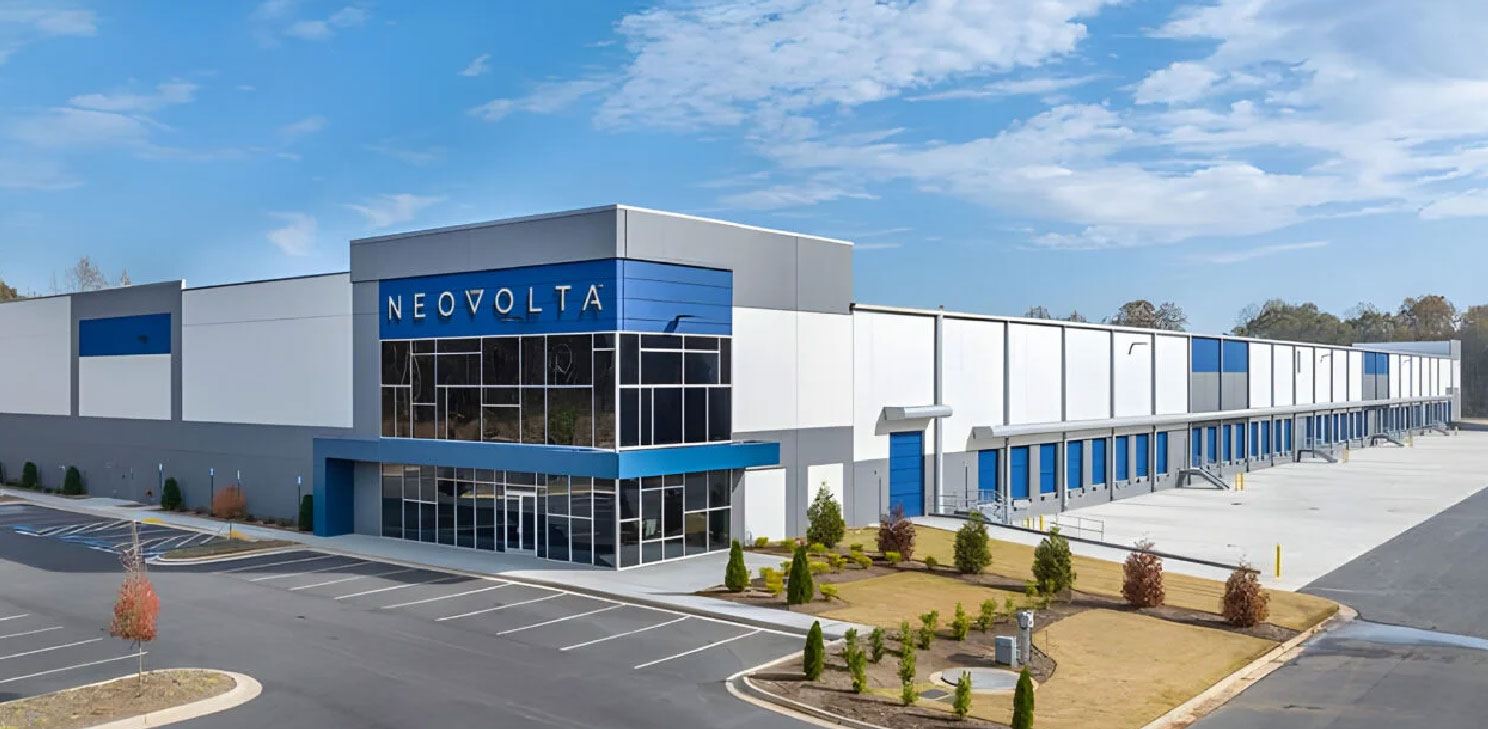The Building Chips in America Act has removed the need for National Environmental Policy Act (NEPA) reviews for semiconductor manufacturing projects that are receiving government subsidies. On Wednesday 2 October 2024, President Biden signed into law the ‘Building Chips in America Act of 2023,’ which exempts certain projects relating to the production of semiconductors from environmental reviews under the National Environmental Policy Act of 1969.
“The key to the United States’ long-term competitiveness hinges on our ability to out-innovate and out-build the rest of the world. That’s why the R&D side of the CHIPS for America Program is so fundamental to our success, and these proposed investments in advanced packaging underscore the work we’re doing to prioritize every step of the semiconductor supply chain pipeline,” said U.S. Secretary of Commerce Gina Raimondo. “Emerging technology like AI requires cutting-edge advances in microelectronics, including advanced packaging. Thanks to President Biden’s and Vice President Harris’ leadership, and through these proposed investments, we are positioning the United States as a global leader in designing, manufacturing and packaging the microelectronics that will fuel tomorrow’s innovation.”
Advanced substrates, are physical platforms that allow multiple semiconductor chips to be assembled seamlessly together, enable high-bandwidth communication between those chips, efficiently deliver power, and dissipate unwanted heat. Advanced substrates are needed for high performance computing for AI, next-generation wireless communication, and more efficient power electronics. Such substrates are not currently produced in the United States but are foundational to establishing and expanding domestic advanced packaging capability. Up to $300 million in federal funding will be paired with additional investments from the private sector, bringing the expected total investment across all three projects to over $470 million. This combined effort will help ensure U.S. manufacturers stay competitive and continue to drive technological innovation, giving companies a stronger edge in global competition.
The U.S. semiconductor industry is one of the world’s most advanced manufacturing and R&D sectors. The U.S. Semiconductor Ecosystem Map demonstrates the breadth of the industry, including locations conducting research and development (R&D), intellectual property and chip design software providers, chip design, semiconductor fabrication, and manufacturing by suppliers of semiconductor manufacturing equipment and materials. 75% of U.S. semiconductor manufacturers sell their product around the world, compared to only 29% of all manufacturers. In the U.S., 49% of semiconductor manufacturing companies are located in the West. The Northeast runs a distant second with 22% of manufacturers. The South follows with 19% of the total. The Midwest claims the remaining 10%.
To discuss mega facility construction and the key issues facing the industry, connect with solution providers and network with delegates, attend the Constructing Mega Facilities: Advances in Planning, Design, and Engineering Summit taking place on April 9th and 10th, 2025, in Houston, Texas.
For more information, visit our website or email us at info@innovatrix.eu for the event agenda.















